Description
"The War Prayer," a short story or prose poem by Mark Twain, is a scathing indictment of war, and particularly of blind patriotic and religious fervor as motivations for war. The structure of the work is simple: An unnamed country goes to war, and patriotic citizens attend a church service for soldiers who have been called up. The people call upon their God to grant them victory and protect their troops. Suddenly, an "aged stranger" appears and announces that he is God's messenger. He explains to them that he is there to speak aloud the second part of their prayer for victory, the part which they have implicitly wished for but have not spoken aloud themselves: the prayer for the suffering and destruction of their enemies. What follows is a grisly depiction of hardships inflicted on war-torn nations by their conquerors. The story ends with the man being ignored. Mark Twain, was 'an outspoken critic of American involvement in the Philippines and China', and "one of the mammoth figures in anti-imperialism, and certainly the foremost anti-imperialist literary figure," having become in January 1901 a vice president of the Anti-Imperialist League of New York. James Smylie explains the controversy: "Twain went after the respected Congregationalist minister, Reverend William Scott Ament, director of the American Board of Commissioners for Foreign Missions. Ament joined other powers in seeking indemnities from the Chinese after the Boxer Rebellion against western exploitation in 1900. Twain, perhaps unfairly, was shocked that Ament would use such blood money for the "propagation of the Gospel" and to promote the "blessings of civilization" to brothers and sisters who "sit in darkness." He summoned to missionaries: Come home and Christianize Christians in the states " Samuel Langhorne Clemens (November 30, 1835 - April 21, 1910), better known by his pen name Mark Twain, was an American author and humorist. He wrote The Adventures of Tom Sawyer (1876) and its sequel, Adventures of Huckleberry Finn (1885), the latter often called "The Great American Novel."

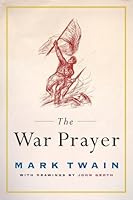
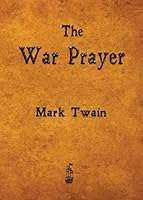
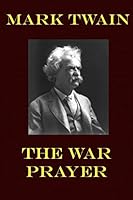
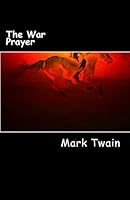

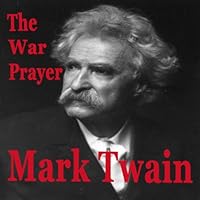
 Amazon UK
Amazon UK